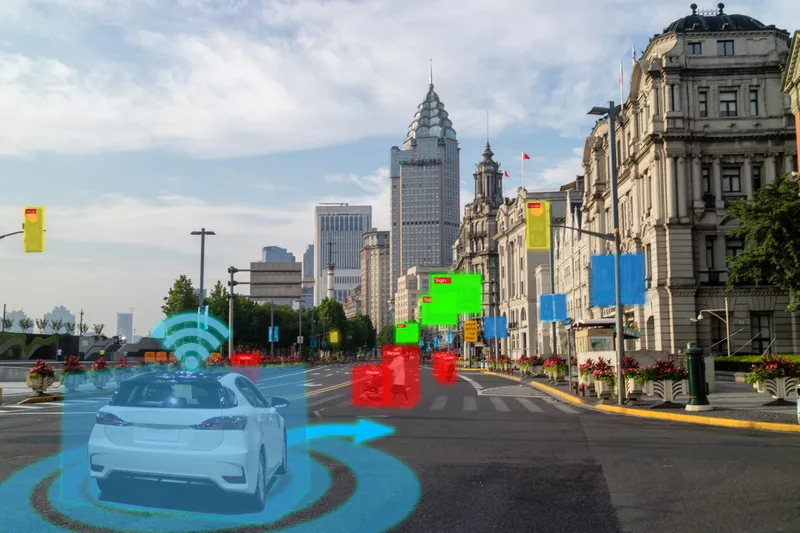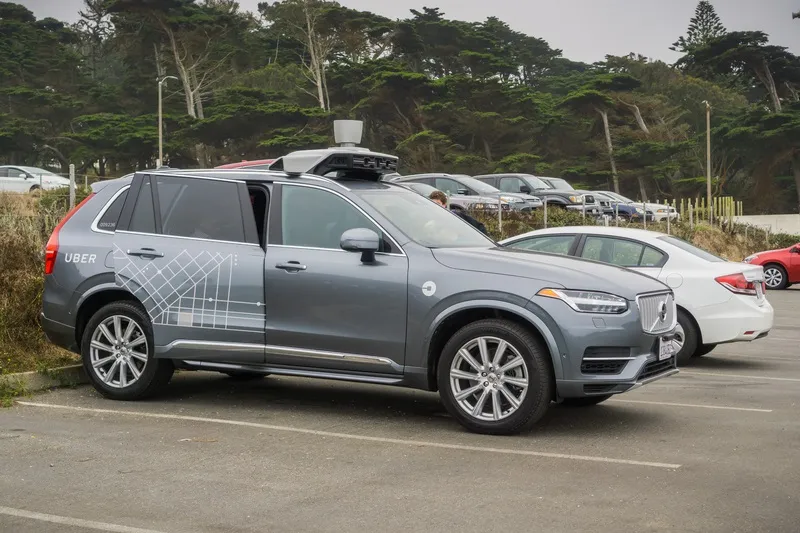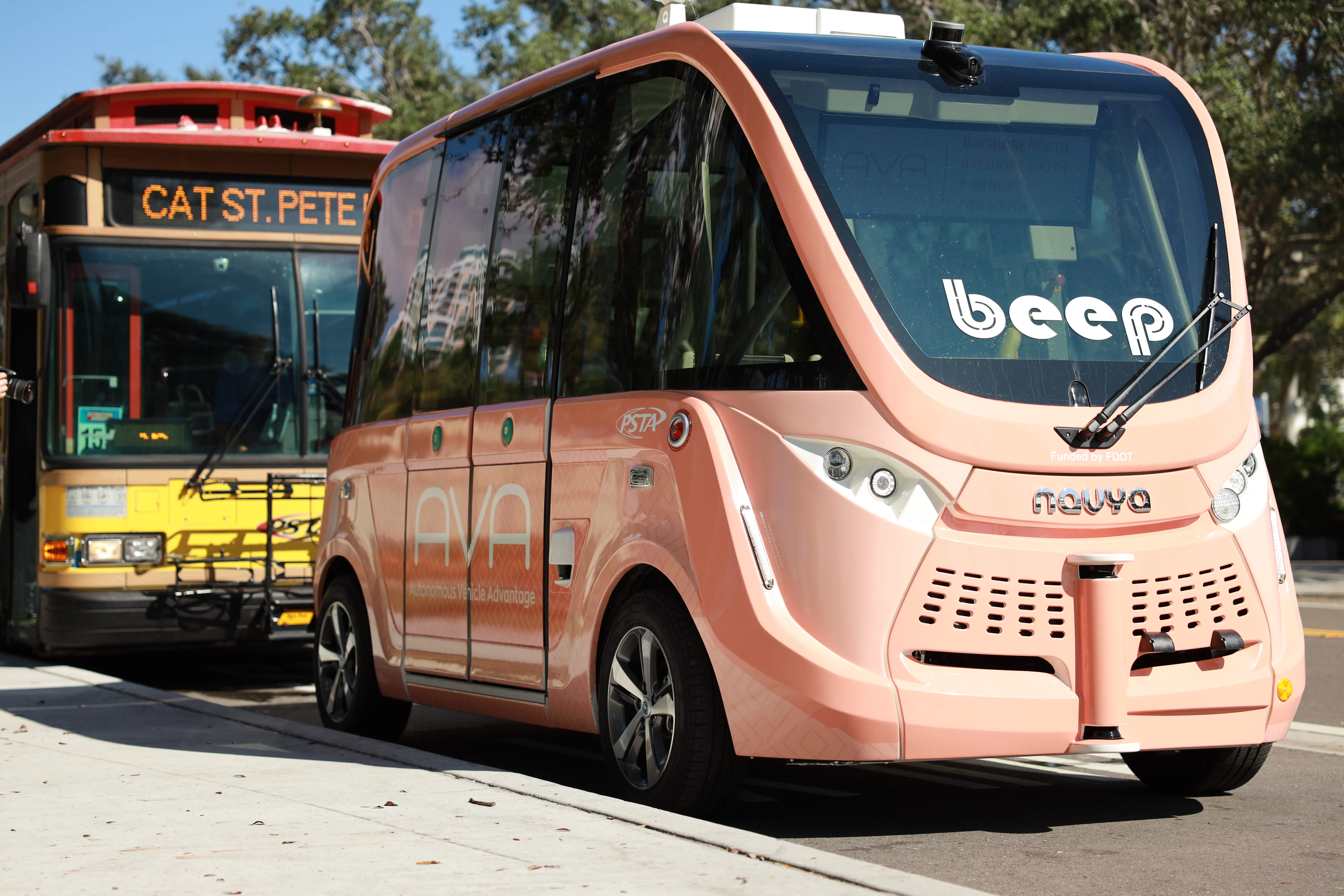
Foresight Williams Technology (FWT) Funds have made a £1 million investment into DRisk, an autonomous vehicle (AV) testing and training company.
The AI firm trains AVs to avoid high-risk scenarios and its core technology has four patents granted and two pending.
It uses networks of data to store, visualise, and reveal 'unknown unknowns' in complex and unusual data areas, and has won a grant from the UK’s Centre for Connected and Autonomous vehicles.
FWT says the global market for AI training data alone is currently valued at $1.5 billion.
“DRisk's proprietary technology has the potential to accelerate the development of automated driving control systems and overcome one of the main barriers to self-driving: the identification of edge cases," says Matthew Burke, head of technology ventures at Williams Advanced Engineering (WAE), which has its roots in the Williams F1 Grand Prix team.
"We are delighted that FWT has made this investment and we expect to leverage our knowledge of the automotive industry to increase uptake of DRisk’s technology.”
DRisk chief executive Chess Stetson said the money would allow the firm to accelerate its business plan - in turn "dramatically accelerating the development of safe and useable autonomous vehicles".










